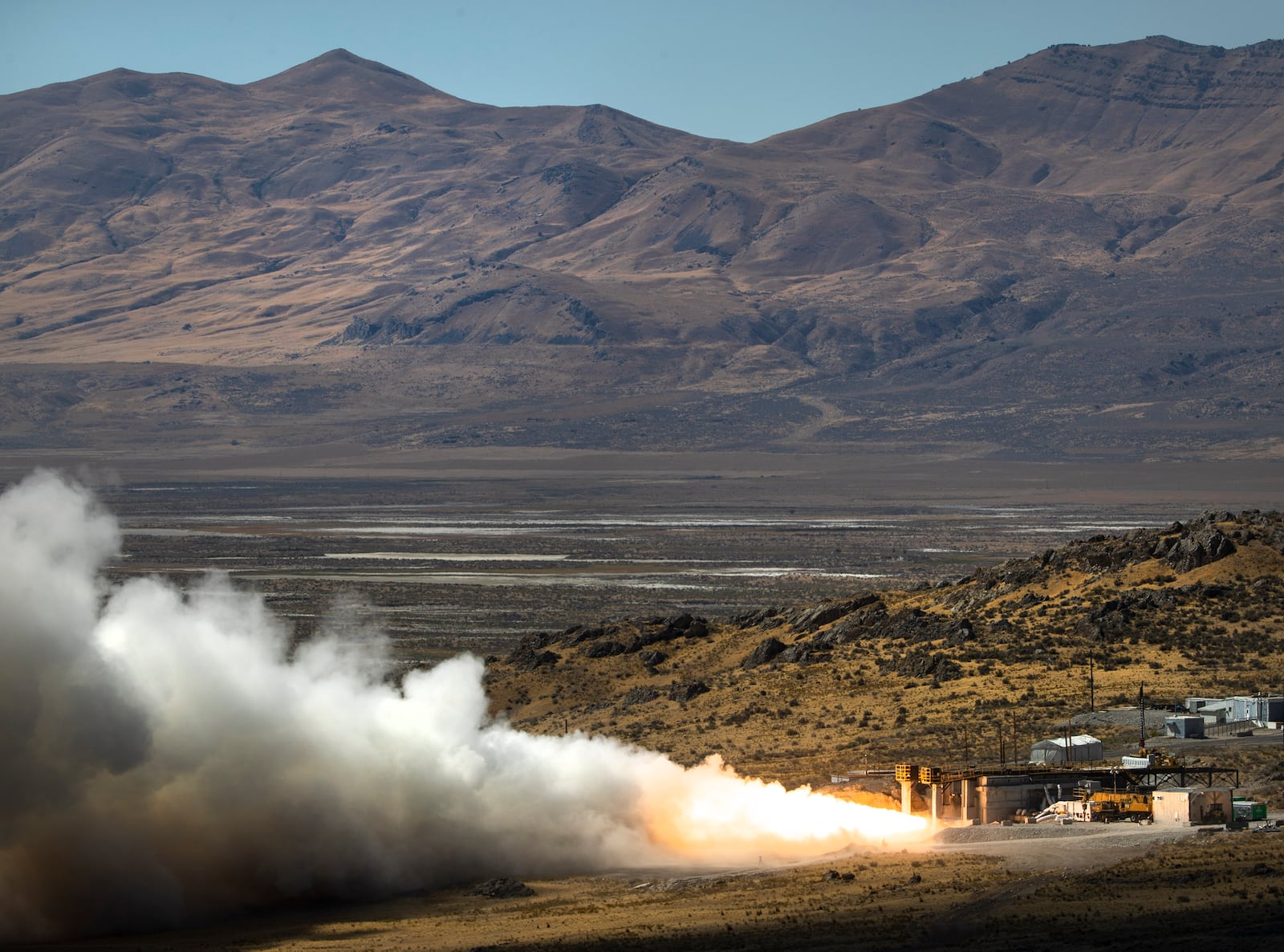This story appears in the September issue of Utah Business. Subscribe.
Utah’s 29 counties each offer businesses and employees something different. Named the best state in the nation two years in a row, it’s Utah’s varied counties that provide opportunities for all. In this series, I’ll be laying out the business case for each of them. Let’s visit Box Elder.
The fourth largest county by land area but ninth by population, Box Elder sits in the top right corner of the state, sharing borders with Nevada, Idaho, the Wasatch Mountains and the Great Salt Lake. Brigham City is the county’s largest city, home to 29,001 of the total 63,610 residents.
According to the Box Elder Chamber of Commerce, manufacturing reigns as the county’s largest employer and offers the highest wages, boasting average earnings of $101,809 per worker in 2023. “We have one of the largest manufacturing per capita percentages of any county west of the Mississippi. If there’s a downturn in the market, it just doesn’t affect us as much,” said Jeff Scott, Box Elder county commissioner from 2014-2023, in a promotional video.
From home-based businesses to corporations of over 1,000 employees, Box Elder County has seen and supported it all.

A Q&A with Shawn Milne, director of economic development and intergovernmental affairs at the Bear River Association of Governments.
SBWT: What are Box Elder’s top industries?
SM: 32 percent of Box Elder’s economy is manufacturing: everything from manufacturing rocket propellant with Northrop Grumman … to manufacturing bowling balls through Storm … to Niagara Bottling Company to food processing like West Liberty Foods. [Box Elder] is [Post Consumer Brand’s] most profitable processing plant; they get their highest yield per person’s work hour. They’re very pleased, and they’re going through an expansion over the next couple of years because they are so impressed with the workforce of Box Elder County.
Agriculture is definitely a main industry. Transportation logistics is another big one. Ogden likes to claim that’s where the railroads joined, but it’s actually Promontory Point in Box Elder. Out of all the refrigerated goods that come across those containerized ports of SeaTac and Long Beach, something like 70 percent comes through Utah. I’m actively working to add refrigerated warehouse space in Box Elder County.
SBWT: What are Box Elder’s largest exports?
SM: Nucor Steel is pretty big, and they … will take huge coils of raw steel and make other products. Cubed hay for export is a big one. … Box Elder, because of the Bear River, is quite adept at that. [We] export to other foreign markets as well as throughout the Intermountain states.
A lot of it is very heavily automated. I’m seeing that as a trend throughout my service area, as well as with labor shortages, because we’ve been persistently under 3 percent [unemployment] for many years. We’re seeing more expansion projects — of existing employers who are adding capacity — building in more automation and, instead of hiring the same org chart of employees, paying to upskill their existing workforce to be more technical and manage an automated production line. … This is good news. Upskilled labor is paid more than unskilled workers, and it gives current employees upward mobility. Younger generations of workers are more comfortable with technology, too, and today’s manufacturing jobs are not those that our grandparents worked in. Today, with the help of automated technology, these jobs are often not as noisy, dirty or hazardous.
SBWT: How has the economic landscape of Box Elder County changed in the last five years?
SM: The COVID-19 pandemic clearly changed the way many communities and economies handle business. For rural communities, it made us grateful for our agricultural roots and how we still had reasonable access to food supplies. … It also showed the resilience and strength of rural labor markets. Box Elder’s manufacturing base was saved from many of the more challenging labor struggles in urbanized centers.
If anything, though, what’s changed in Box Elder County the most these past few years is how much easier it has been to close deals. We’re an attractive place for jobs, and employers can see it. From small homegrown operations to global brands, we’re finding that our offerings are easy for new businesses to see.
SBWT: What do you predict will happen in the next five years for Box Elder?
SM: The biggest changes and increases to local jobs, I believe, will come from new projects concentrated around Box Elder County’s relationship with the Utah Inland Port Authority. Lakeshore Learning, for example, is expected to add approximately 500 new jobs within the next five years. Brigham City’s own inland port zone has already generated a lot of interest, and I believe that will only grow.
SBWT: What are the county’s long-term economic goals?
SM: Ensuring well-managed growth. Like many rural communities, Box Elder’s biggest and most important resource is our workforce. If we’re to maintain or increase our quality of life, we’ll need to carefully balance the growth brought about as our own children and grandchildren graduate from local high schools and seek their own housing while also preparing a job market for the kinds of jobs that will keep them here.
I’ve heard from numerous elected officials throughout the state that their biggest export is their younger generations. We don’t want to have that happen to Box Elder County. If we’re to keep our future generations and workforce here, we need to assure them that there’s still room at the inn for them, [that they] have a chance at homeownership, and that there are local jobs available in the industries that matter to them.
Our most important long-term goal is to ensure that we attract employers who will pay livable wages and help us accomplish our goals of remaining a place with a good reputation for productivity and a high quality of life.


